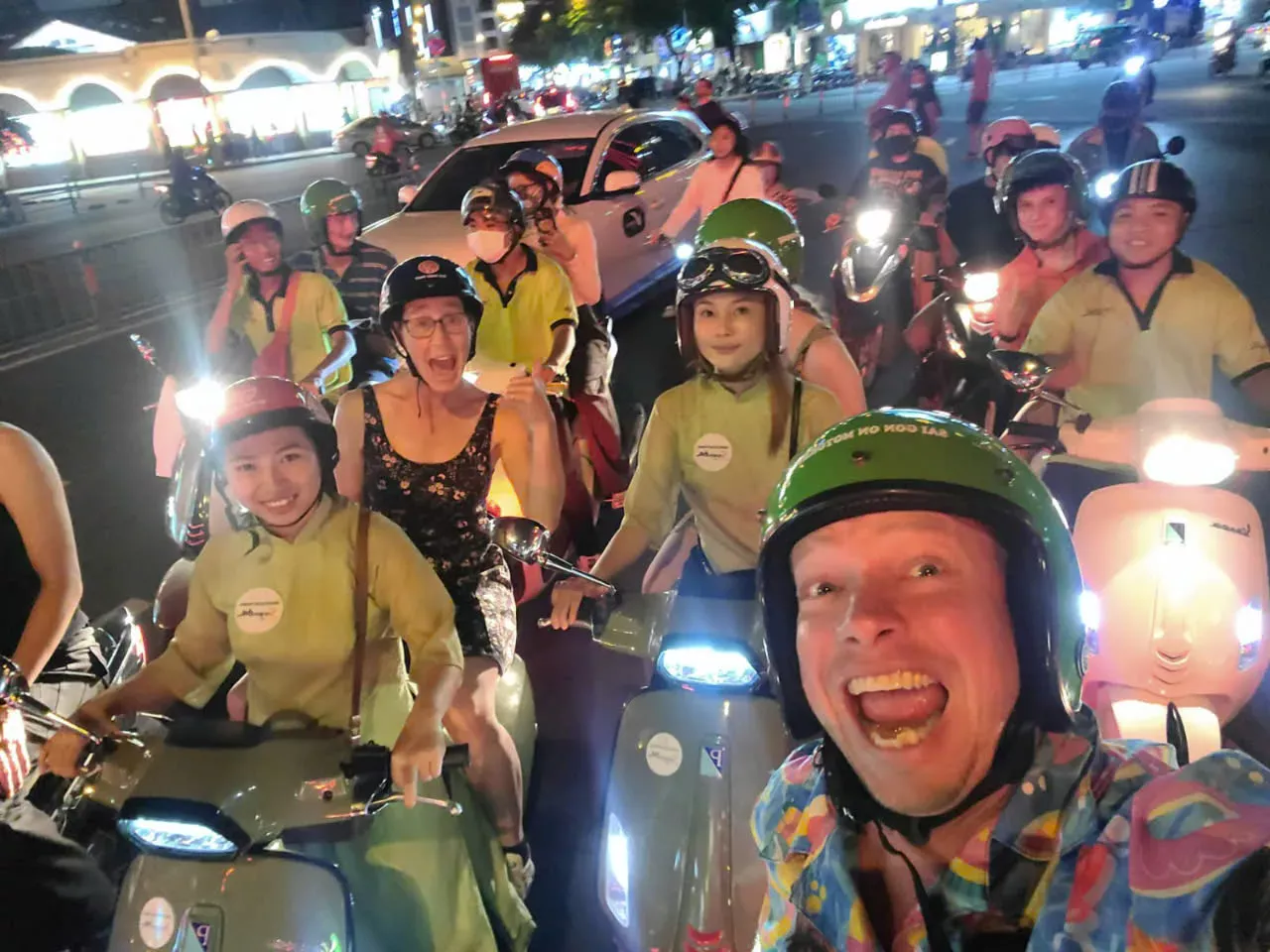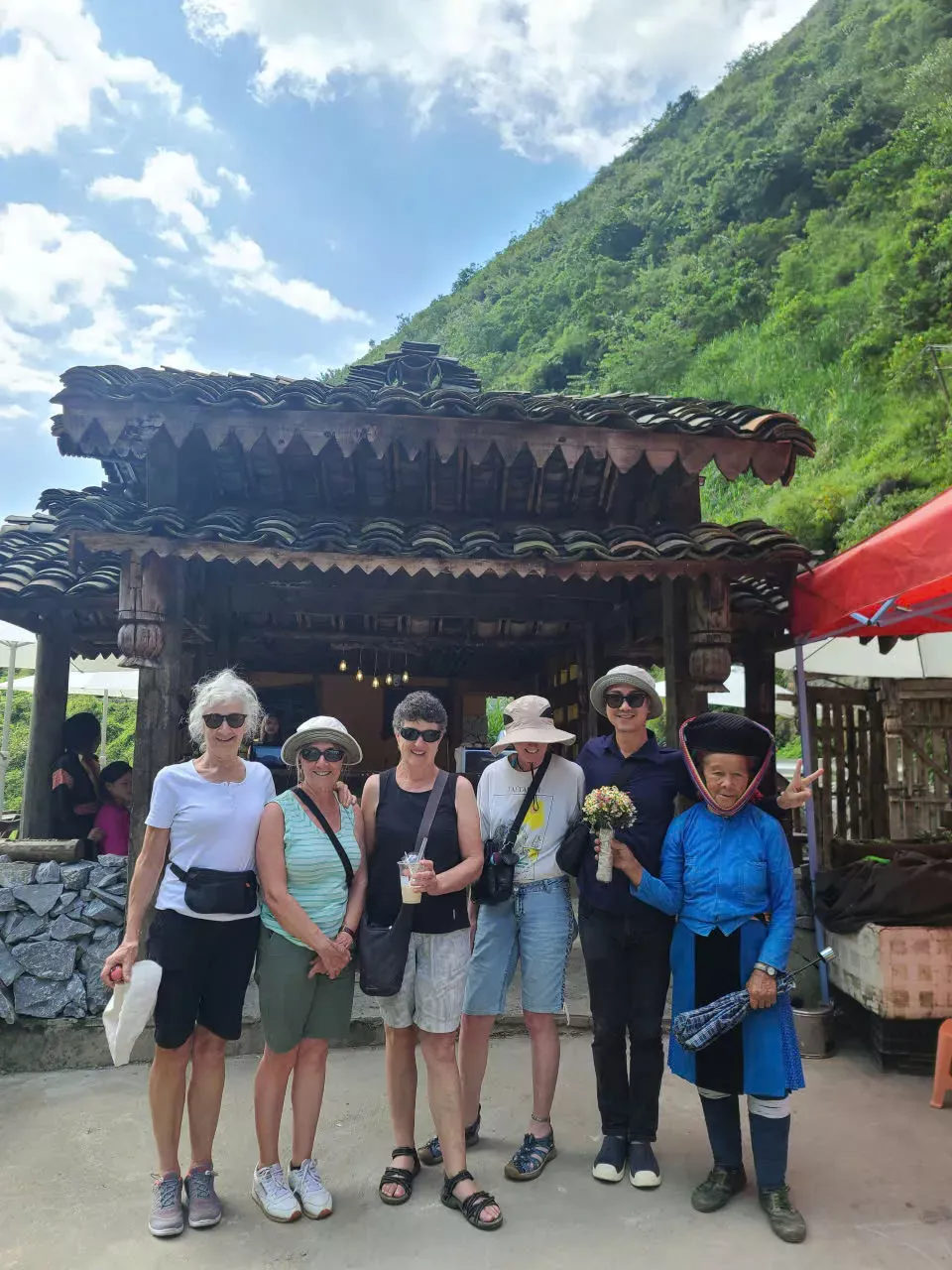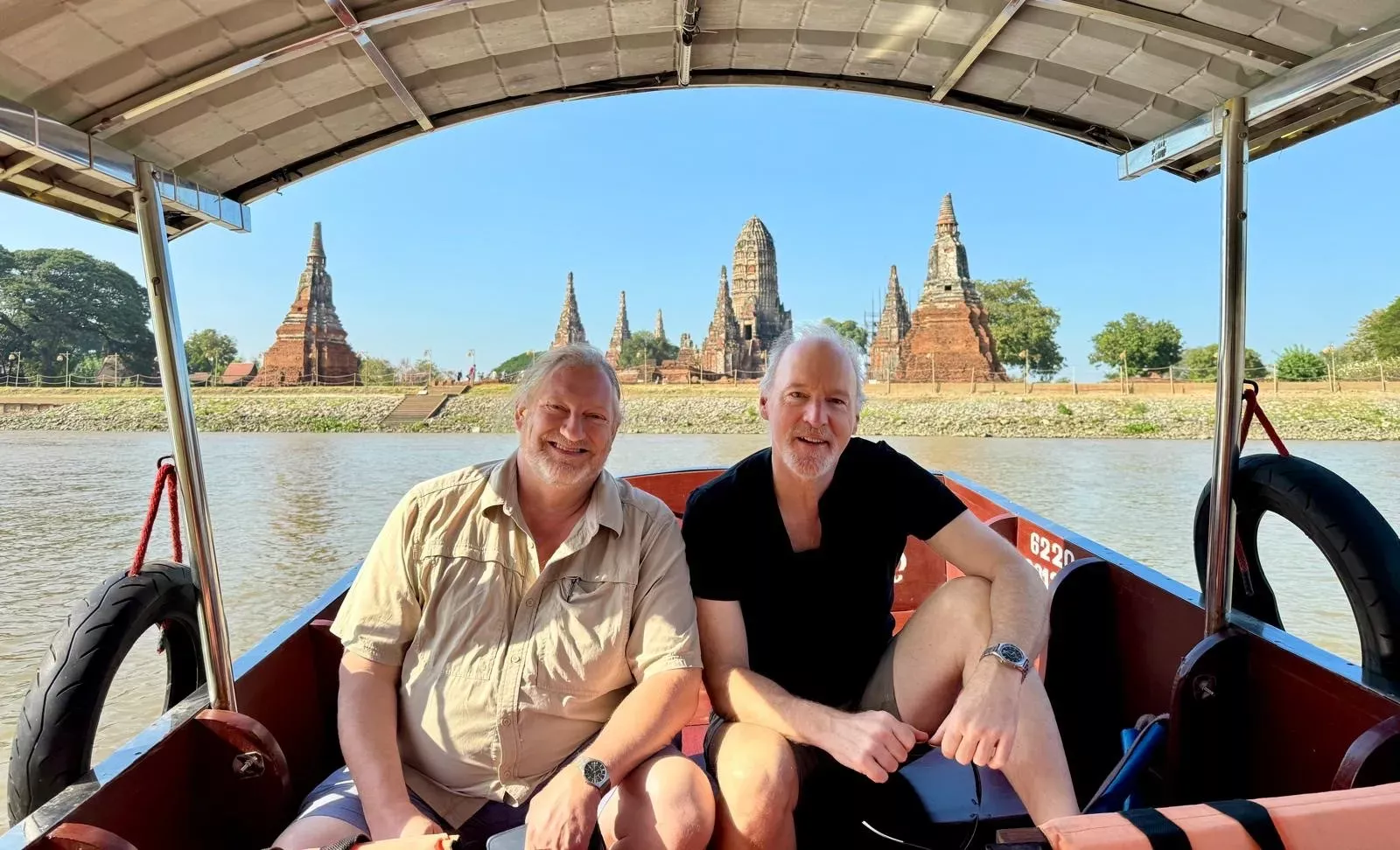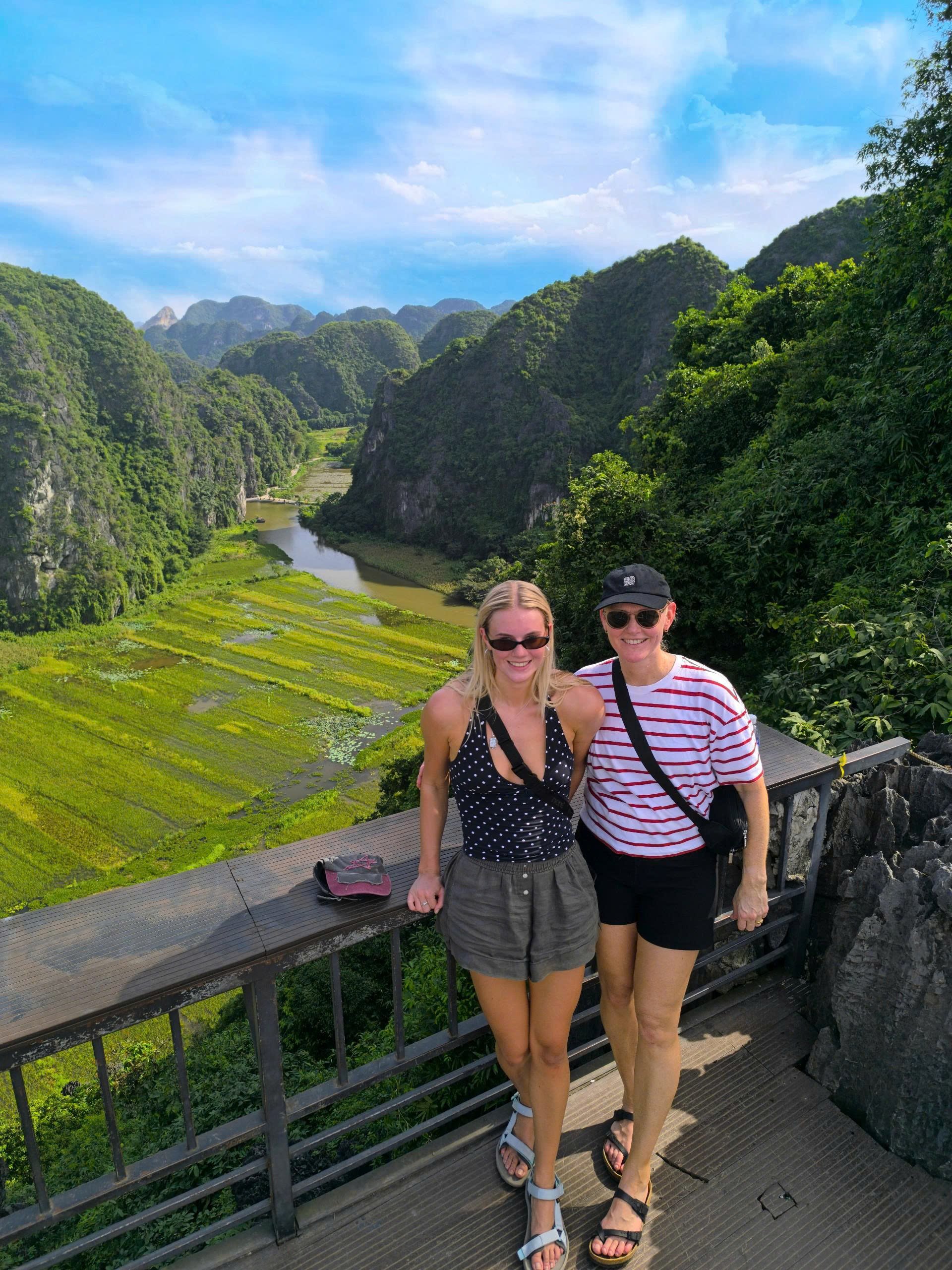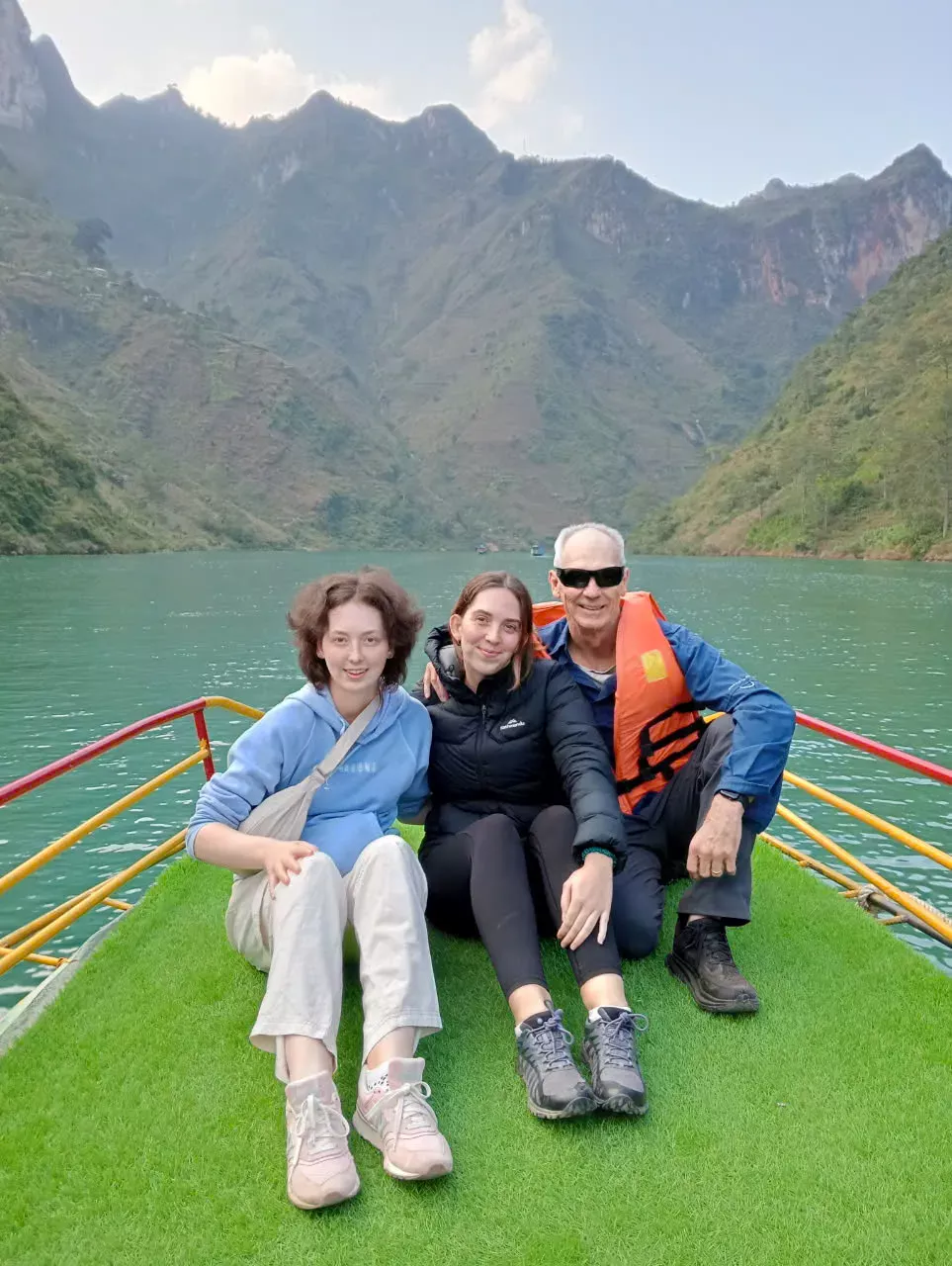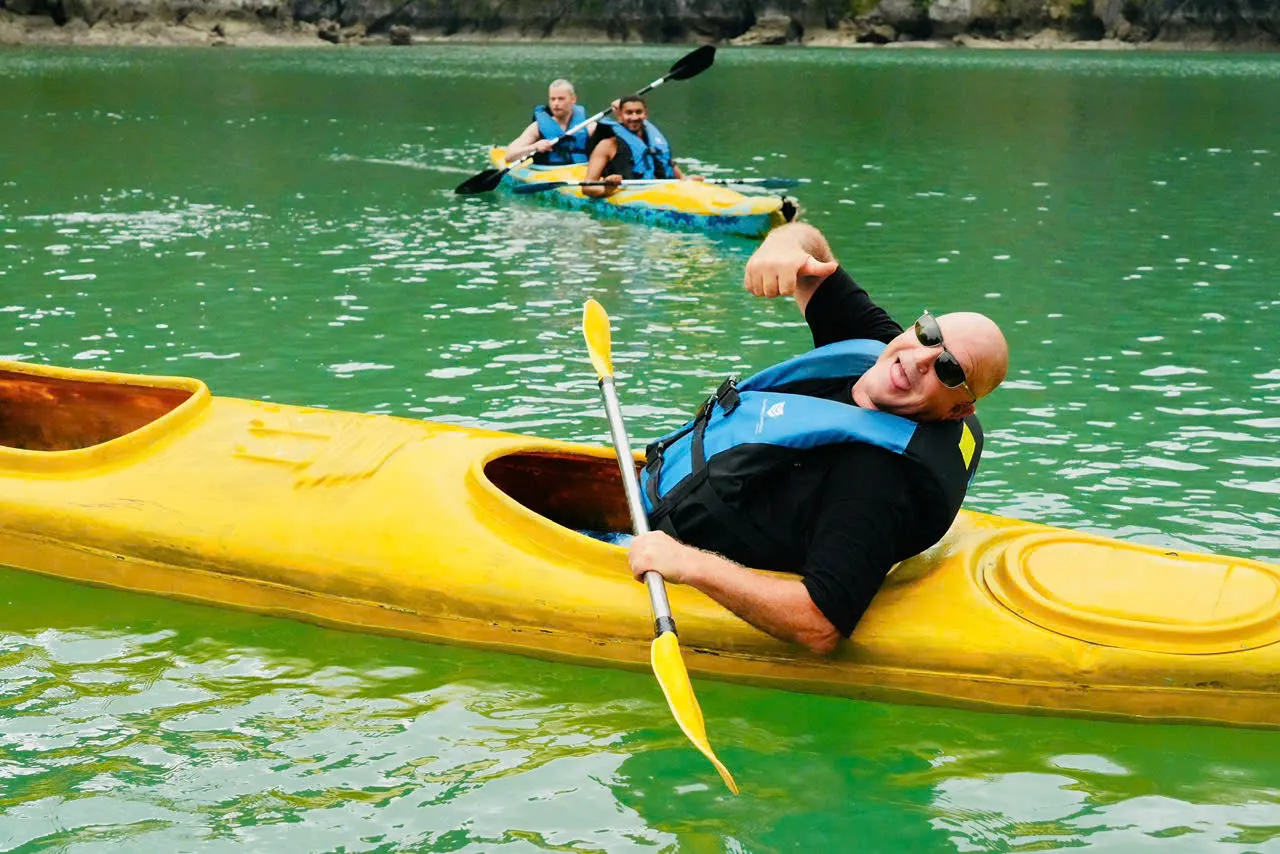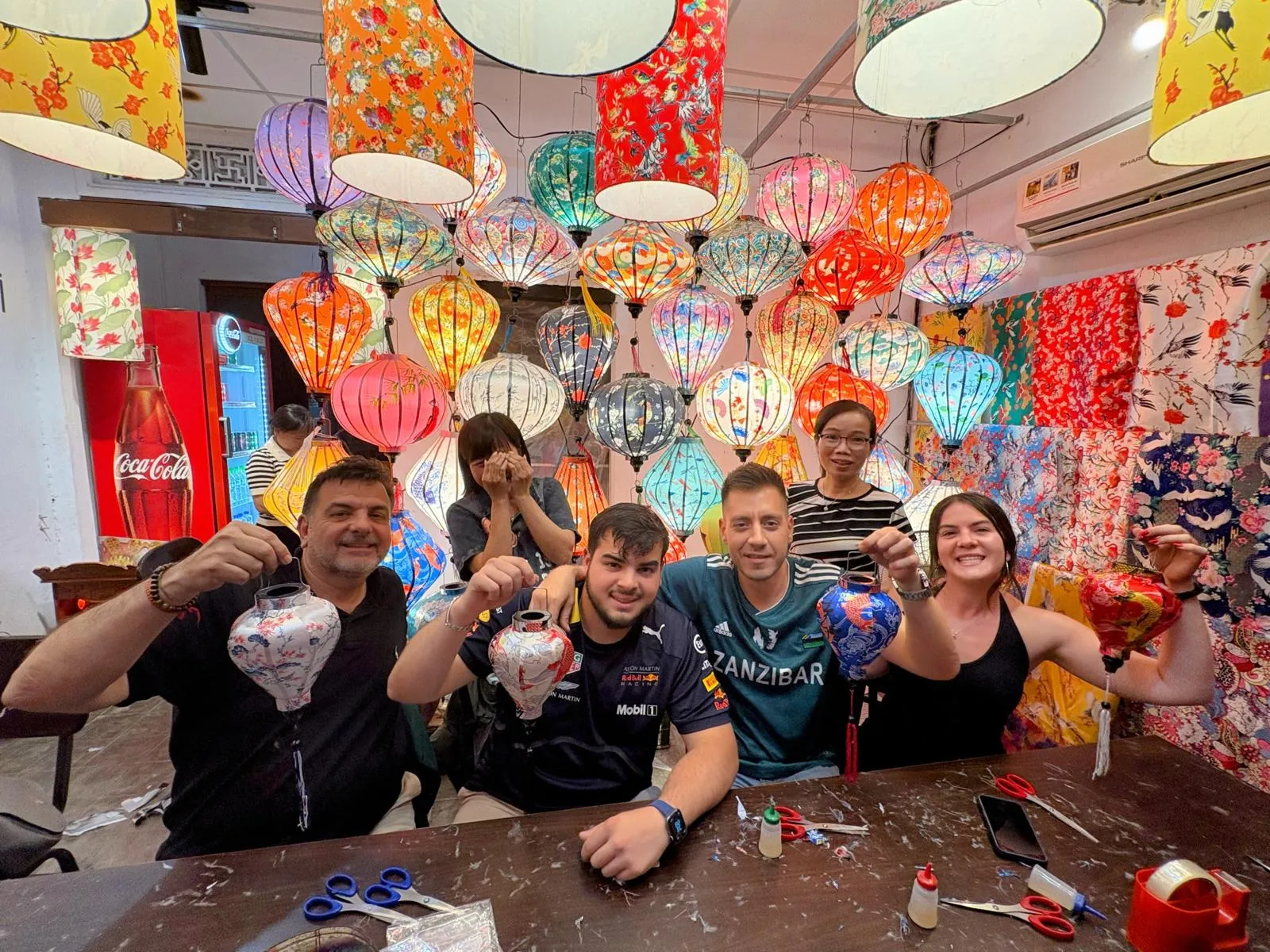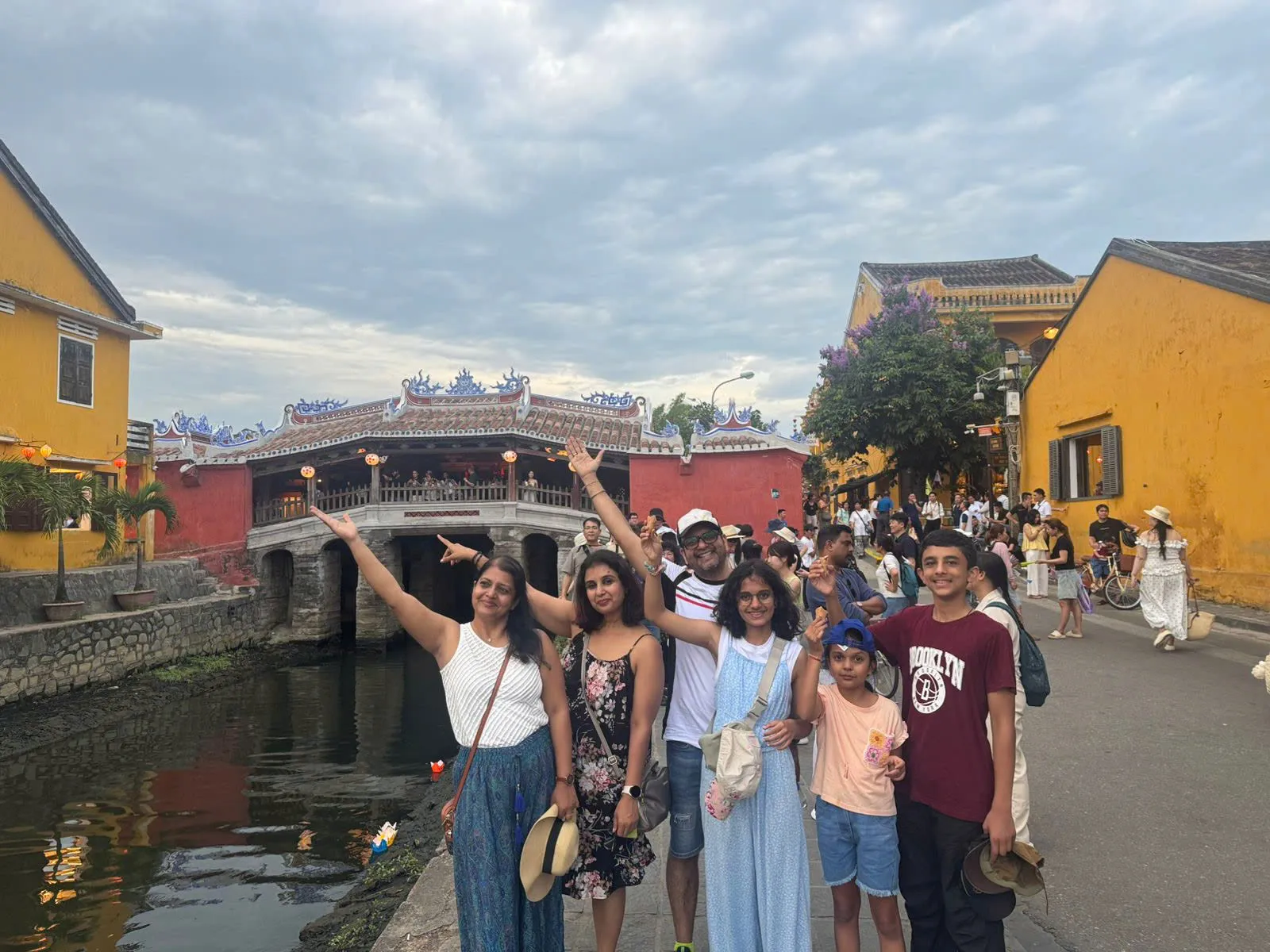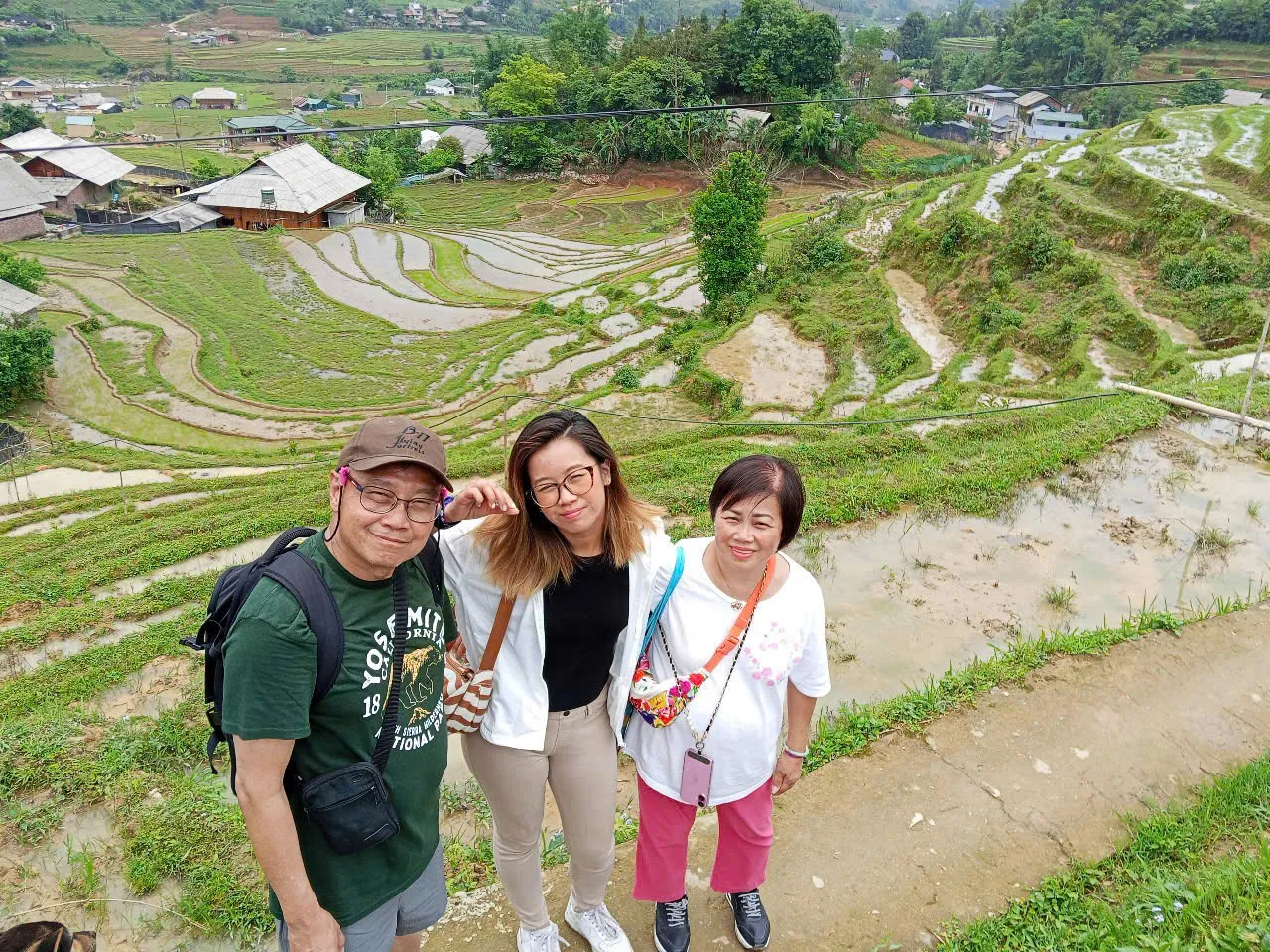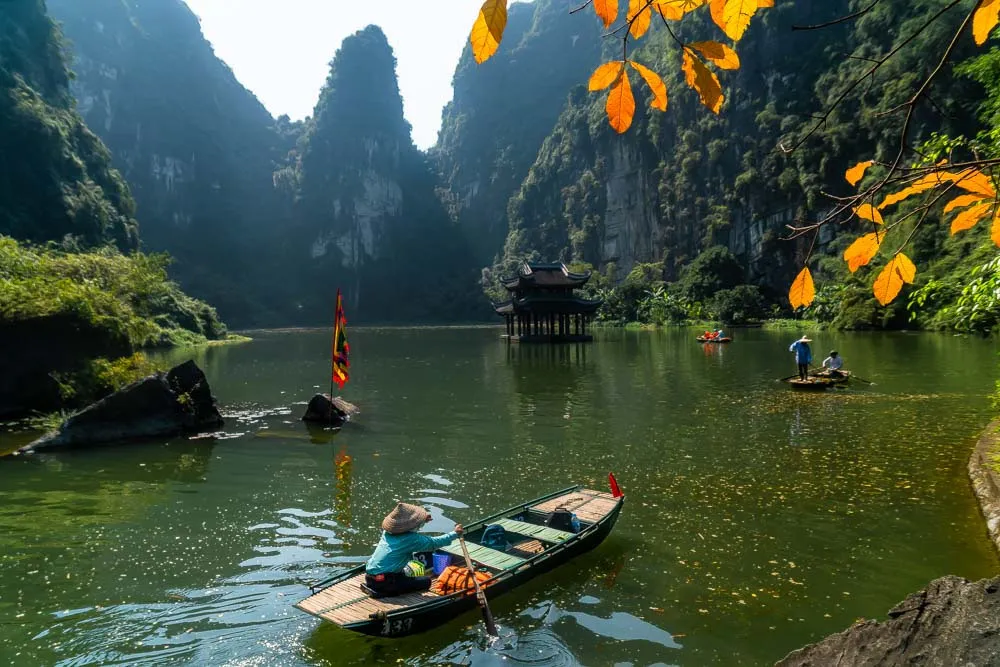
Days 1–2: Hanoi – Gateway to Vietnam’s culture
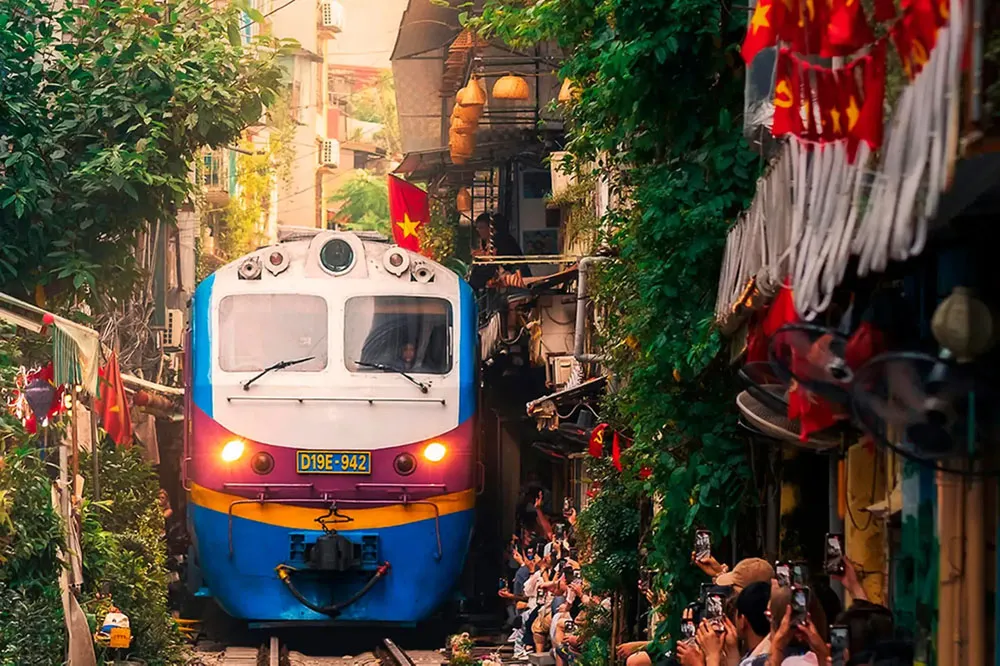
Day 1: Arrival in the capital
Arrive at Noi Bai International Airport and head to the Old Quarter, where buzzing streets and tiny alleys introduce you to Vietnam’s rhythm. Take a walk around Hoan Kiem Lake, step into Ngoc Son Temple, and enjoy your first meal of pho at a traditional shop. End the evening at Café Giang with a cup of rich egg coffee, a Hanoi signature.
Day 2: Heritage and history
Start your morning at the Ho Chi Minh Mausoleum and the nearby Presidential Palace. Visit the wooden stilt house where Ho Chi Minh lived, followed by the One Pillar Pagoda. Continue to the Temple of Literature, Vietnam’s first university. For lunch, try bún chả at Bun Cha Huong Lien, made famous by President Obama’s visit. Spend your afternoon at the Museum of Ethnology or Fine Arts Museum. As the day winds down, watch a water puppet performance for a unique cultural touch.
Days 3–5: Sapa – Mountain landscapes and ethnic culture
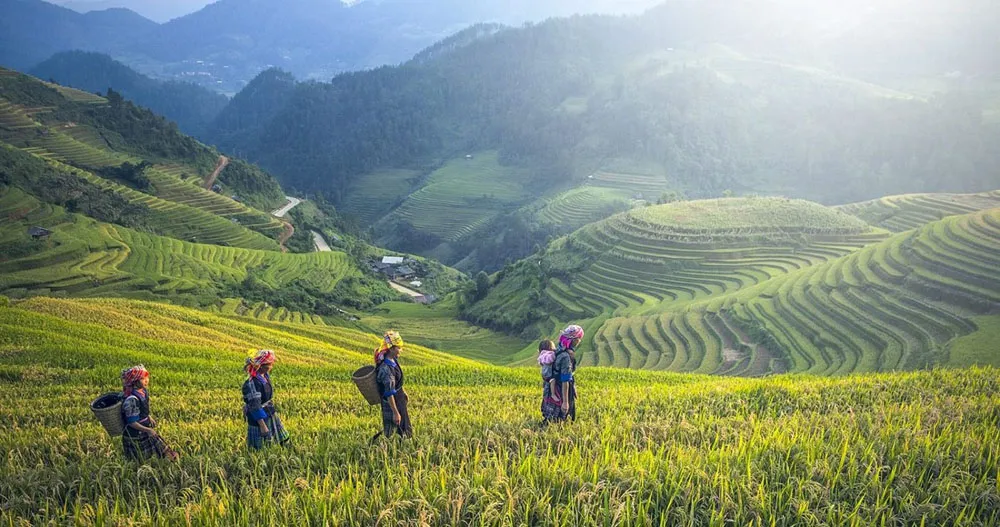
Day 3: Journey to the highlands
Travel overnight by train or express bus to Sapa, a town surrounded by mountains and rice terraces. On arrival, wander the local market and admire views of Fansipan Peak. Dinner options include hotpot or thắng cố, a hearty traditional dish.
Day 4: Trekking through villages
Head out with a guide to trek across terraced valleys and streams. Pass through Lao Chai and Ta Van villages, home to Black Hmong and Dzay ethnic groups. Spend the night in a stilt house, sharing dinner with a local family and listening to their stories.
Day 5: Sunrise and return
Wake up to the fresh mountain air. After breakfast, trek back toward Sapa before heading down the mountain for your return trip to Hanoi. Arrive by evening and rest before the next stage of your journey.
Days 6–7: Ha Long Bay – Sailing through limestone peaks
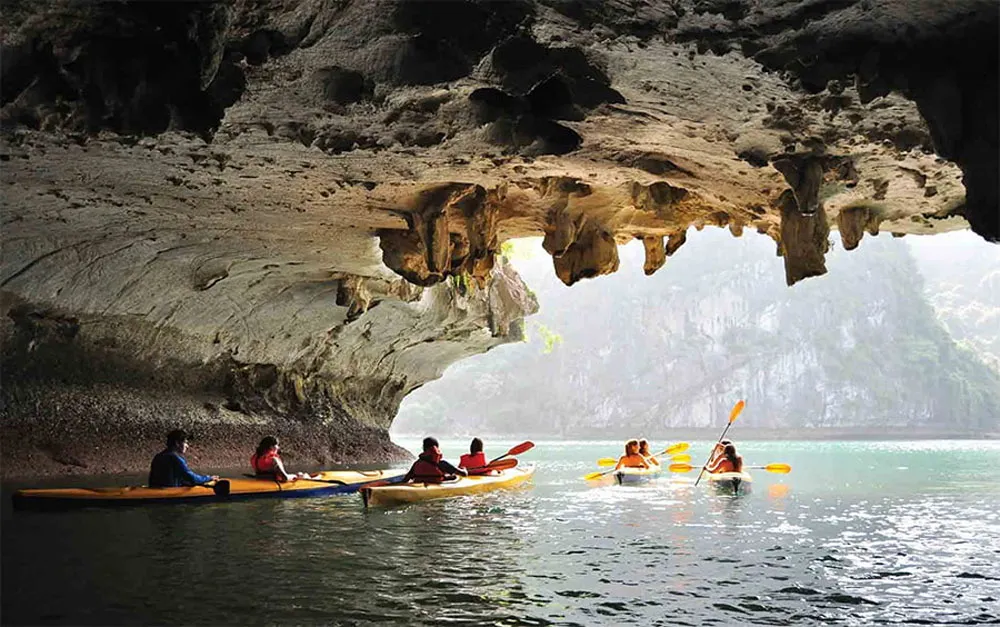
Day 6: Begin your cruise
Travel to Ha Long Bay and board an overnight cruise. Watch limestone karsts rise from emerald waters as you enjoy lunch onboard. Activities often include kayaking through hidden lagoons, swimming, or visiting floating fishing villages. In the evening, enjoy cocktails on deck followed by a seafood dinner.
Day 7: Sunrise and caves
Start your day with Tai Chi on the deck, then visit Sung Sot Cave or climb to a viewpoint on Titov Island. Brunch is served before you return to shore. Transfer back to Hanoi and prepare for an evening departure to Ninh Binh.
Days 8–9: Ninh Binh – Countryside calm and ancient history
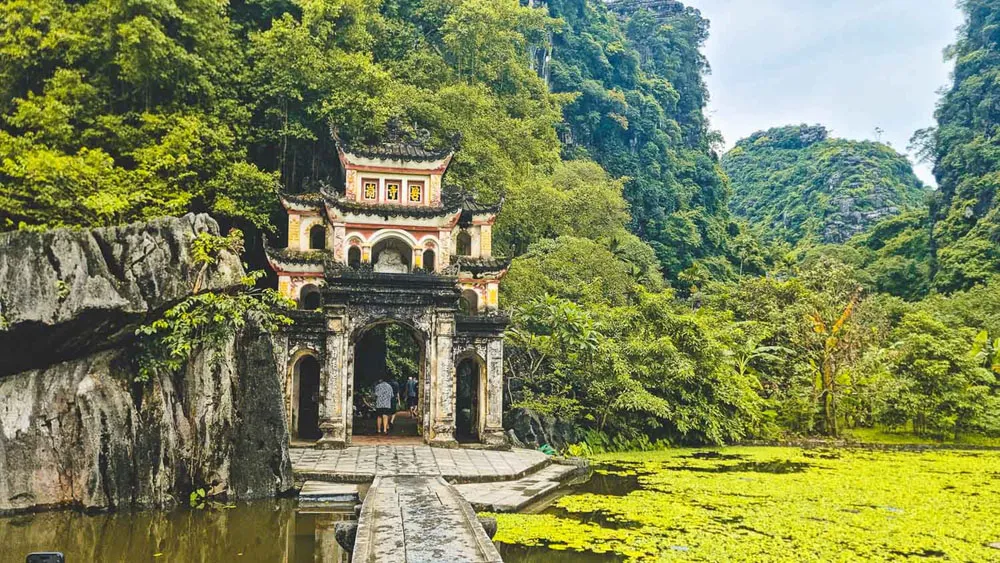
Day 8: Sampan rides and pagodas
Arrive in Ninh Binh, where rivers cut through rice fields and limestone cliffs. Take a sampan boat ride in Trang An or Tam Coc, gliding under caves and through lush valleys. Visit Bich Dong Pagoda, built into the hillside. Spend the night in a riverside eco-lodge surrounded by nature.
Day 9: Scenic views and ancient capital
Cycle through quiet villages in the morning, watching farmers tend to their fields. Climb the stone steps up Hang Múa Peak for panoramic views of the karst landscape. Later, explore Hoa Lu, Vietnam’s former capital, with temples honoring ancient kings. In the evening, travel south to Hue by flight or overnight train.
Days 10–11: Hue – Traces of imperial Vietnam
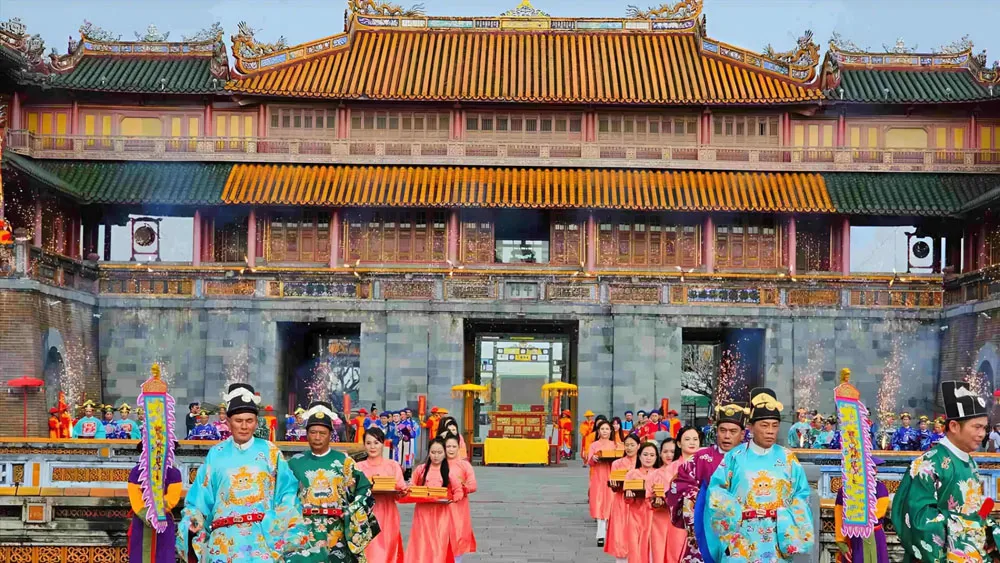
Day 10: Exploring the Citadel
Arrive in Hue and dive into Vietnam’s imperial past. Walk through the Imperial Citadel, with its moats, gates, and palaces. Visit the Forbidden Purple City, partially destroyed but still hauntingly beautiful. Lunch on bún bò Huế, the city’s signature spicy noodle soup. As the sun sets, take a dragon boat ride along the Perfume River.
Day 11: Tombs and temples
Board a boat to Thien Mu Pagoda, then tour the royal tombs of Tu Duc and Khai Dinh. Tu Duc’s grounds are shaded and poetic, while Khai Dinh’s tomb impresses with mosaic details and European flair. End your day with dinner in a traditional garden house restaurant.
Days 12–13: Hoi An – Ancient town and coastal charm
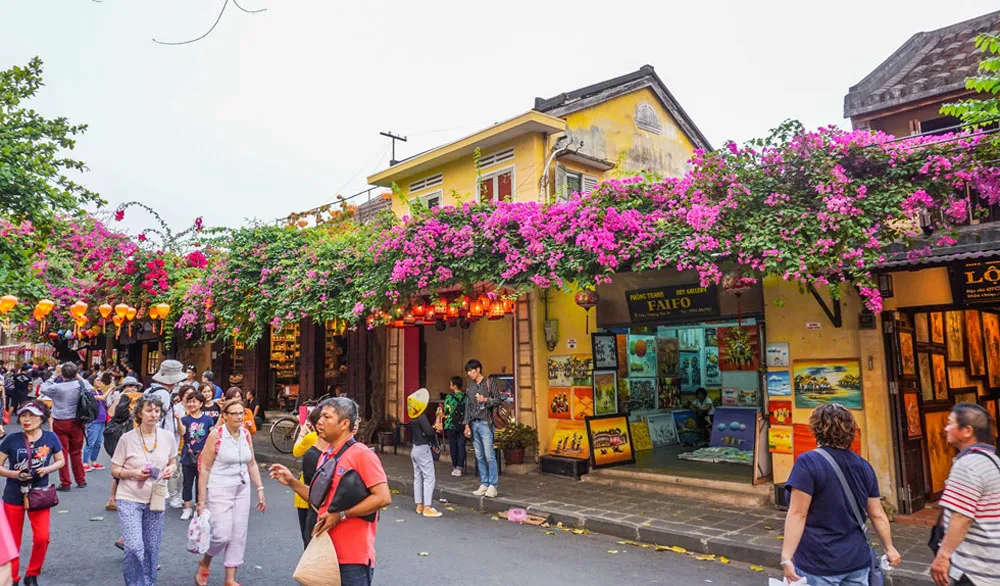
Day 12: Scenic drive to Hoi An
Travel along the Hai Van Pass, stopping for photos at Lang Co Beach. On arrival in Hoi An, explore the Ancient Town with its preserved merchant houses, assembly halls, and the Japanese Covered Bridge. At night, watch the streets glow with lanterns and dine by the river.
Day 13: Cooking, cycling, and the beach
Join a cooking class that begins with a market visit and ends with you preparing dishes such as fresh spring rolls or cao lầu noodles. In the afternoon, cycle to Tra Que Vegetable Village for a glimpse of local farming. Unwind at An Bang Beach with a massage or drinks by the shore before returning to town for shopping or tailored clothes.
Days 14–15: Ho Chi Minh City and the Mekong Delta
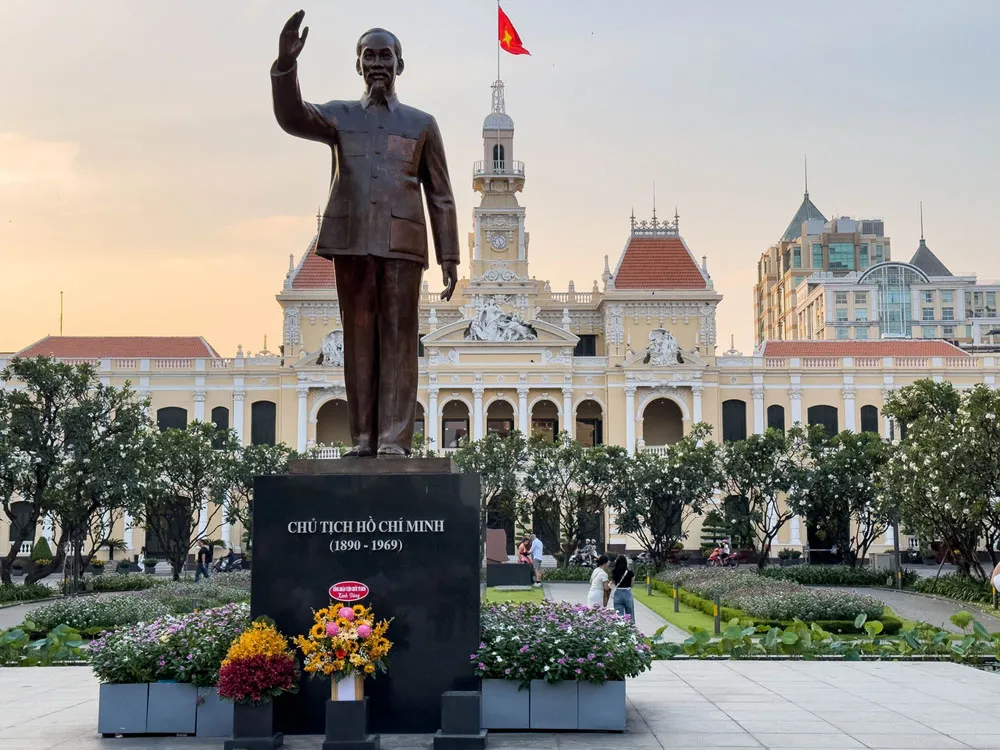
Day 14: Exploring southern energy
Fly to Ho Chi Minh City, Vietnam’s most dynamic metropolis. Visit the War Remnants Museum, the Reunification Palace, Notre-Dame Cathedral, and the Central Post Office. Spend your afternoon at Ben Thanh Market or in one of the modern coffee shops that dot District 3. Dinner options include cơm tấm with grilled pork or crispy bánh xèo pancakes. Finish the night with a stroll along Nguyen Hue Walking Street.
Day 15: A day in the Mekong Delta
Head out early to Ben Tre or Cai Be. Cruise narrow canals shaded by coconut palms, visit workshops making coconut candy and rice paper, and sample tropical fruits. Share a rustic lunch in a local home before returning to Ho Chi Minh City for your flight.
Travel tips for 15 days in Vietnam
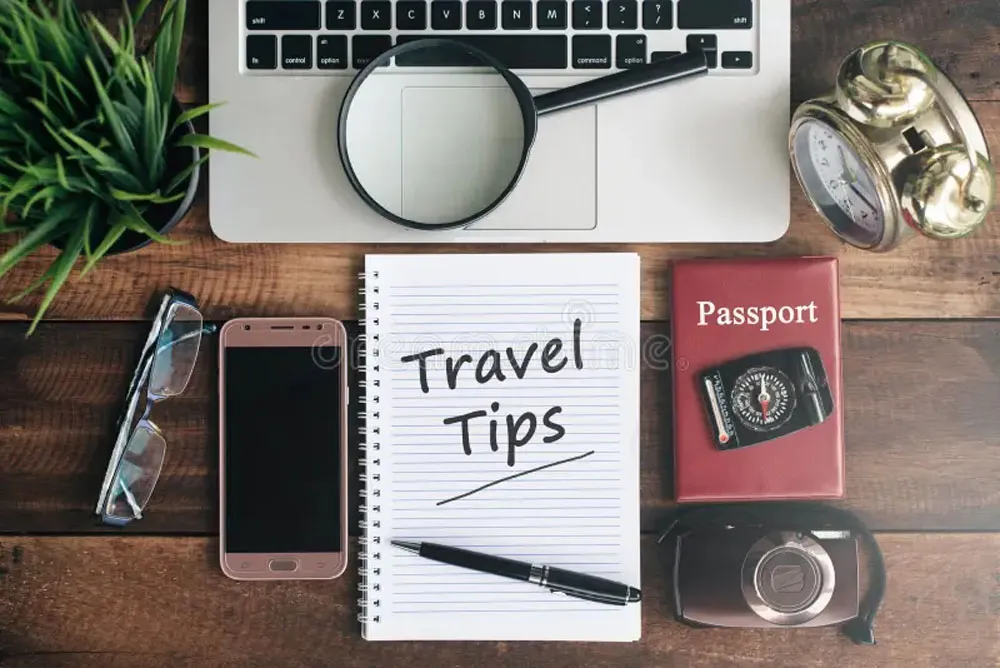
-
When to visit: The dry season (October to April) is the most comfortable across regions. If you’re looking for fewer crowds and lower prices, consider May or September.
-
Getting around: Domestic flights are efficient for long journeys, especially Hanoi–Hue and Da Nang–Saigon. For short scenic legs, such as the Hai Van Pass or Hanoi–Ninh Binh, private cars or trains are enjoyable.
-
Packing essentials: Light clothes for the south, a warm jacket for the north in winter, and sturdy shoes for trekking in Sapa and cycling in Ninh Binh. A rain jacket is handy year-round.
-
Food to try by region: Pho and egg coffee in Hanoi, goat dishes in Ninh Binh, bún bò Huế in the central region, cao lầu in Hoi An, and street food like bánh xèo in Ho Chi Minh City.
-
Cultural etiquette: Be respectful in temples by covering shoulders and knees, remove shoes before entering homes, and use both hands when giving or receiving items.
-
Connectivity: Wi-Fi is widely available, but buying a local SIM card is recommended for navigation and translation while traveling.
Conclusion
This 15 days in Vietnam itinerary offers the perfect balance between cultural discovery, natural wonders, and everyday local life. From the mountain treks of Sapa and the limestone peaks of Ha Long Bay to Hue’s imperial grandeur, Hoi An’s timeless streets, and the bustling energy of Ho Chi Minh City, every stop adds a new layer to your understanding of Vietnam. The journey ends peacefully among the canals and fruit orchards of the Mekong Delta, a fitting close to a two-week adventure.
Want to see other options? Explore our full collection of Vietnam itineraries for shorter highlights or extended three-week journeys. For a trip tailored to your style and pace, Custom Asia Travel is ready to design the best Vietnam itinerary for you.
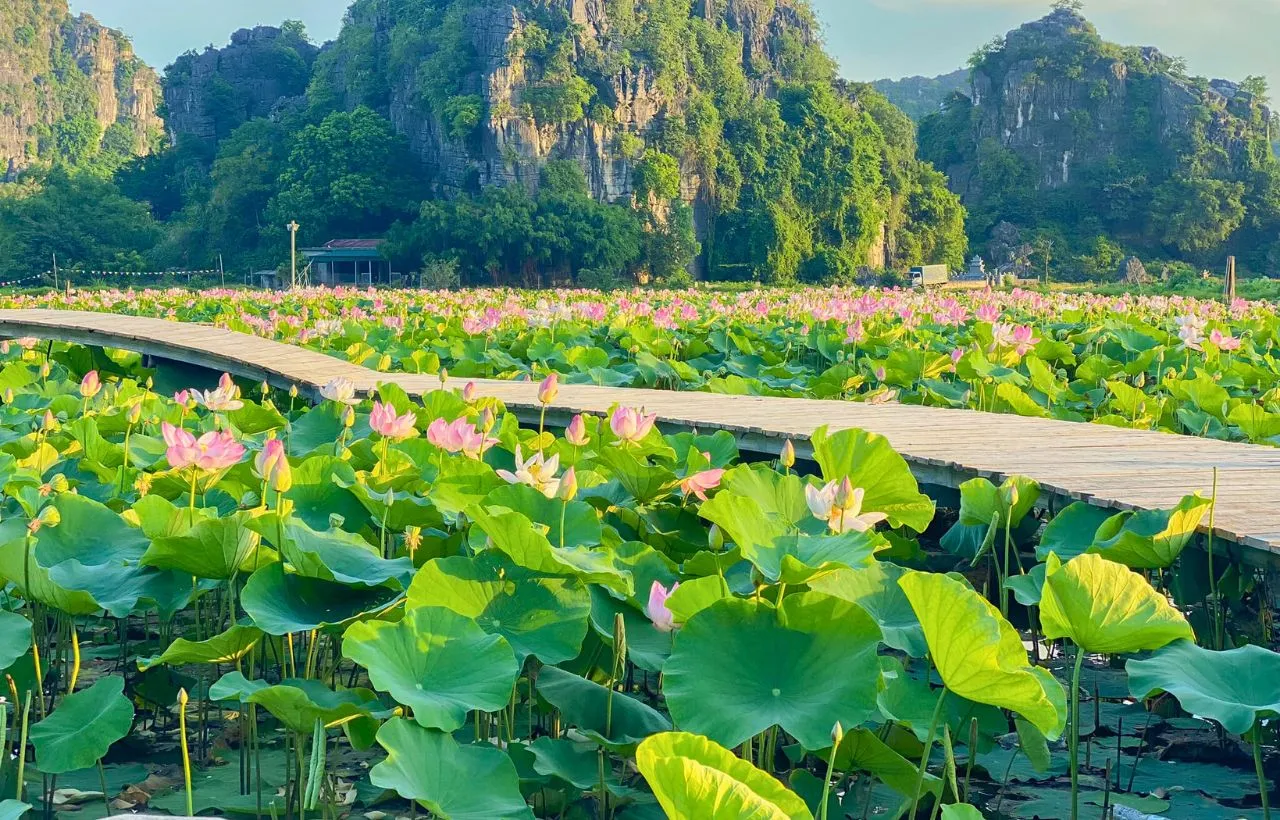
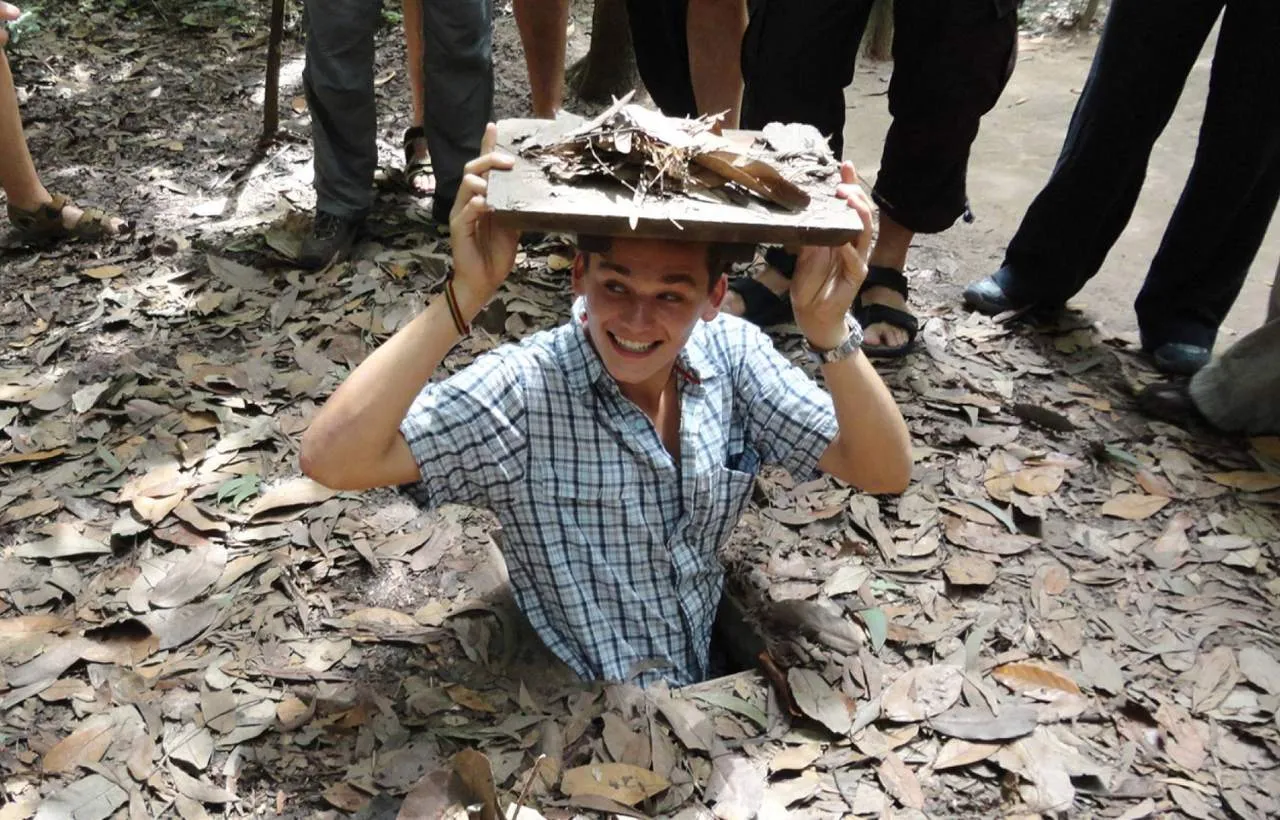
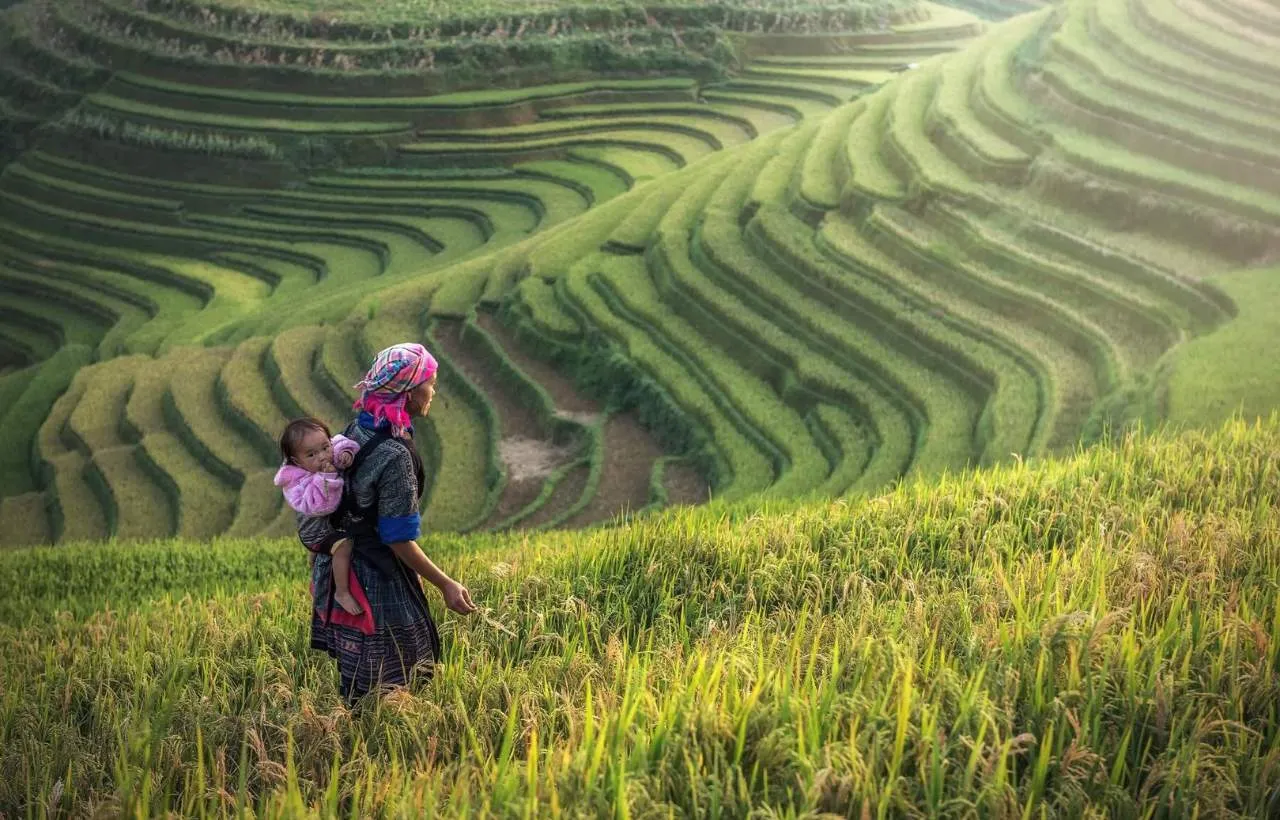
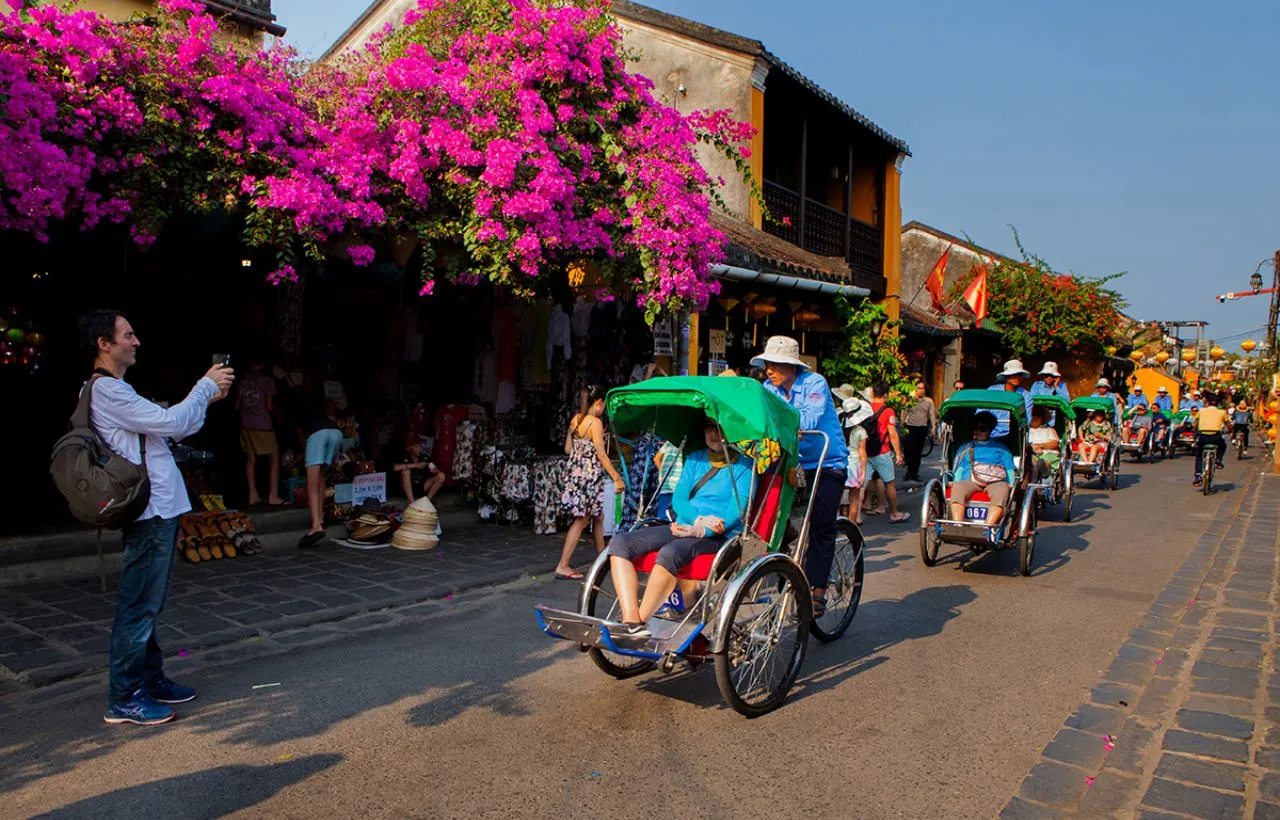
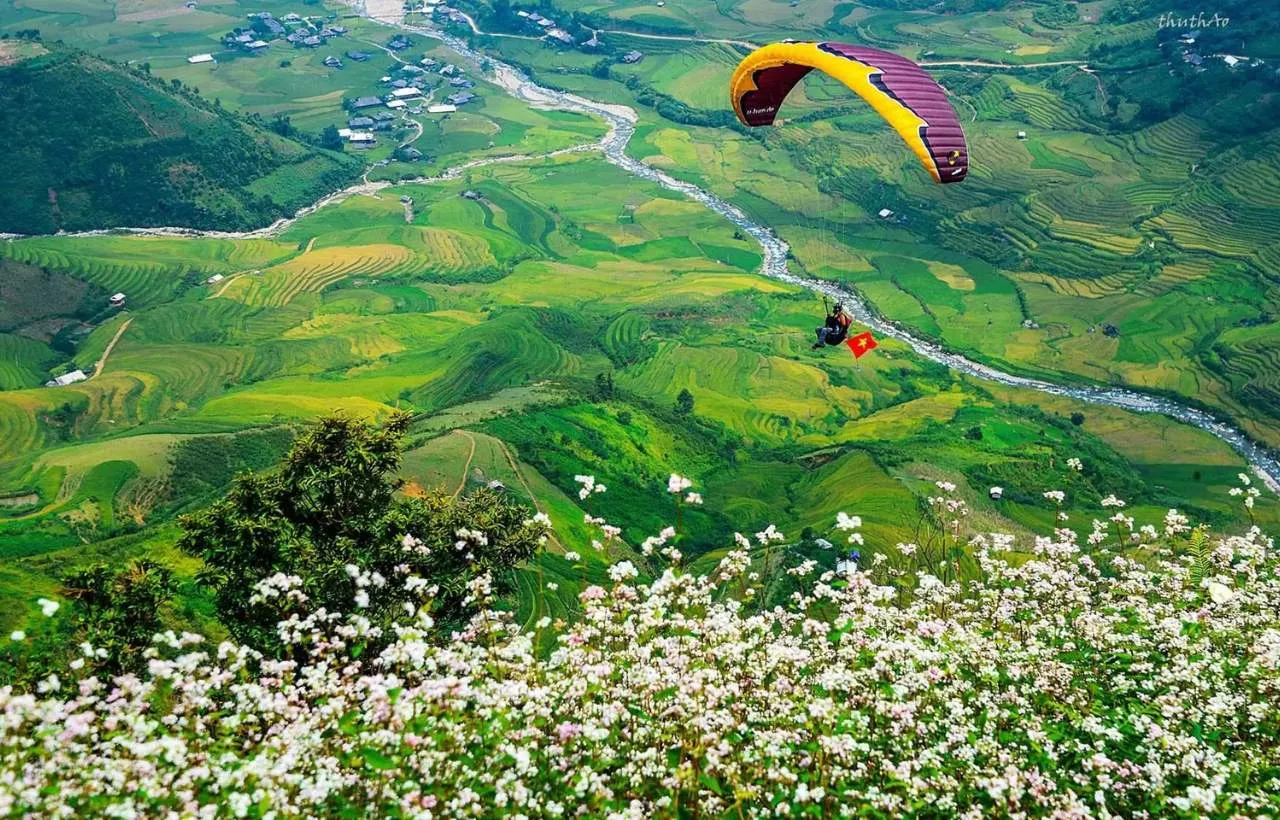
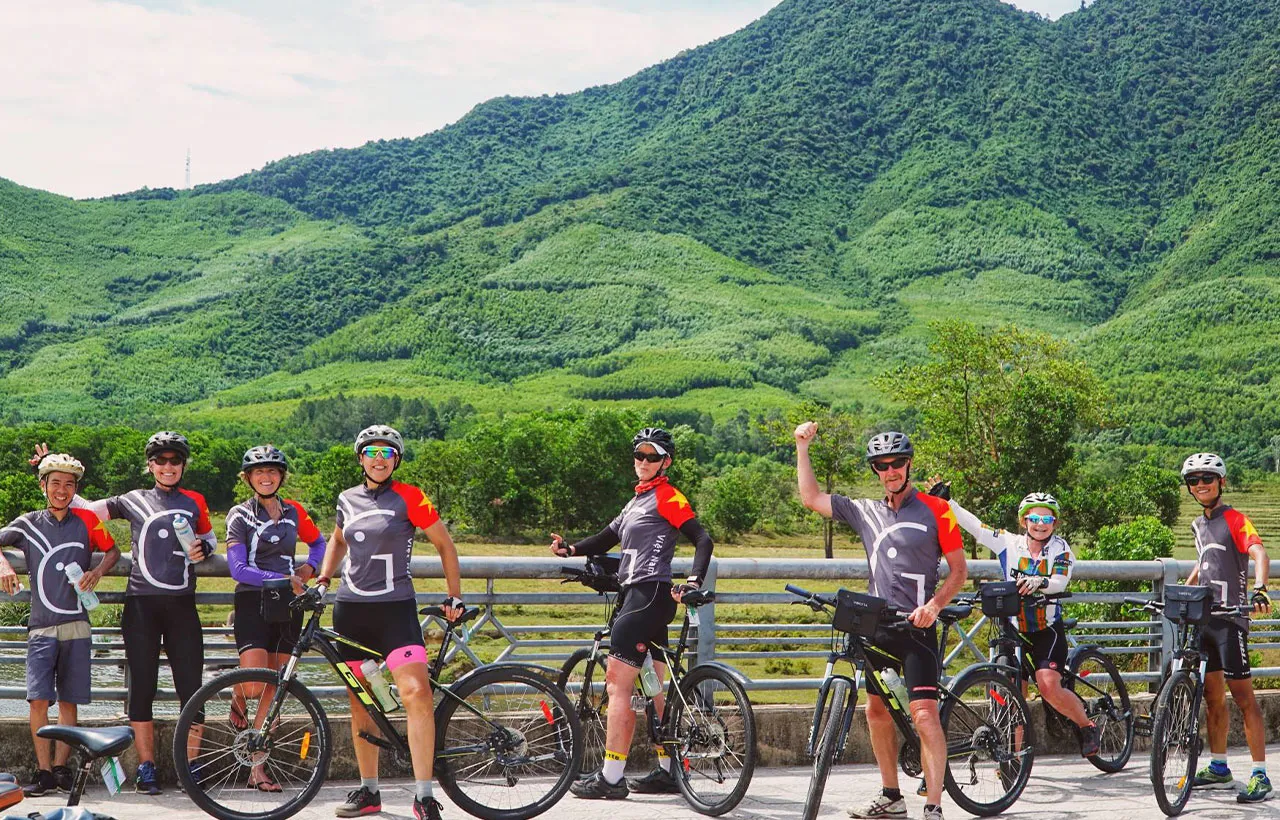

















 Adventure and relaxation between the wings in Sapa _ Fly Sapa Paragliding.webp)
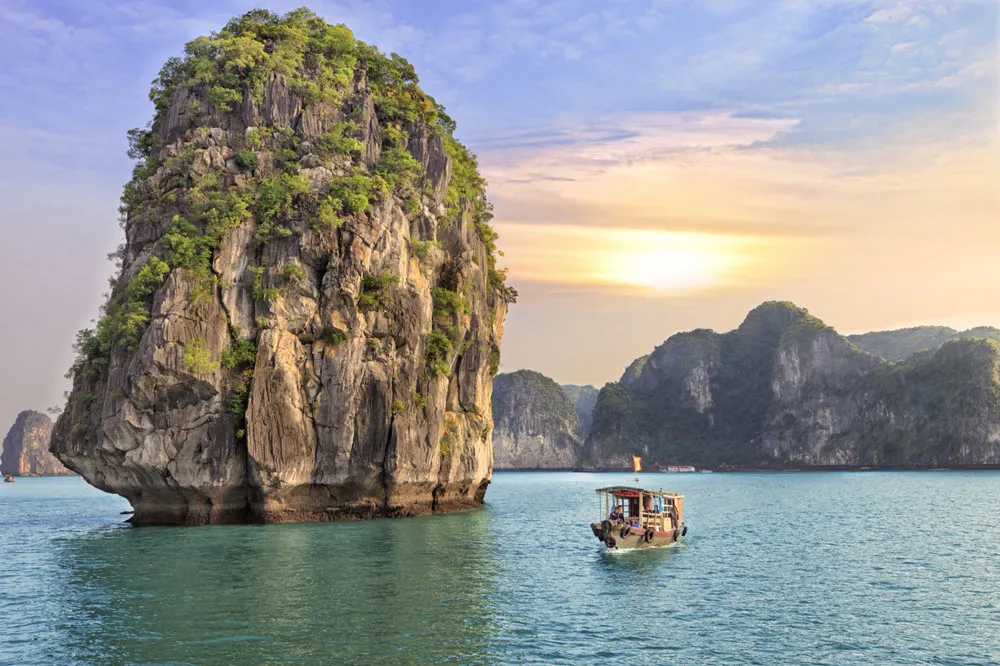
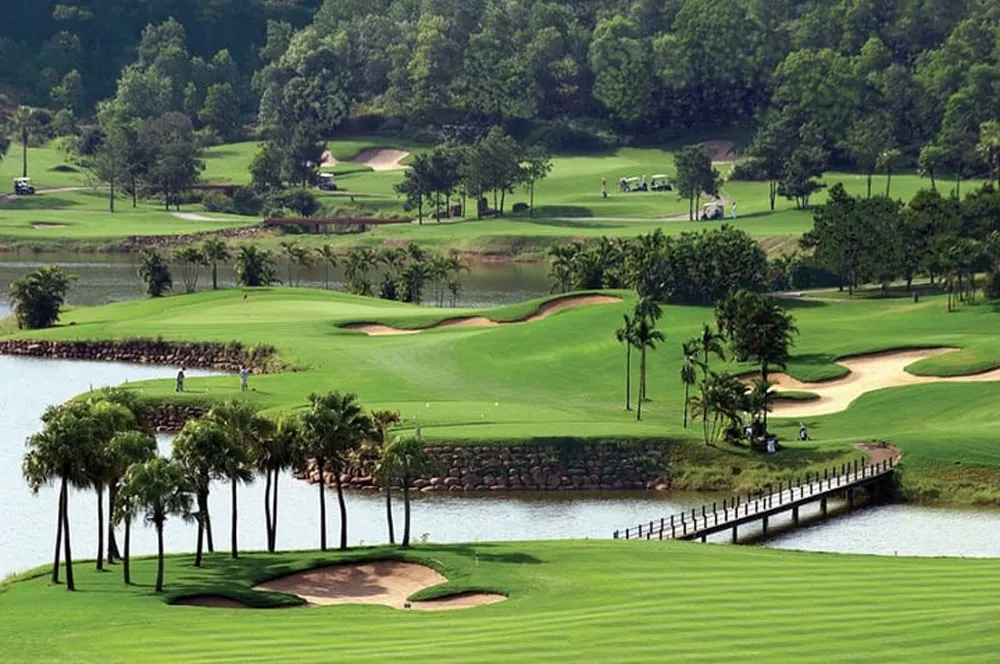
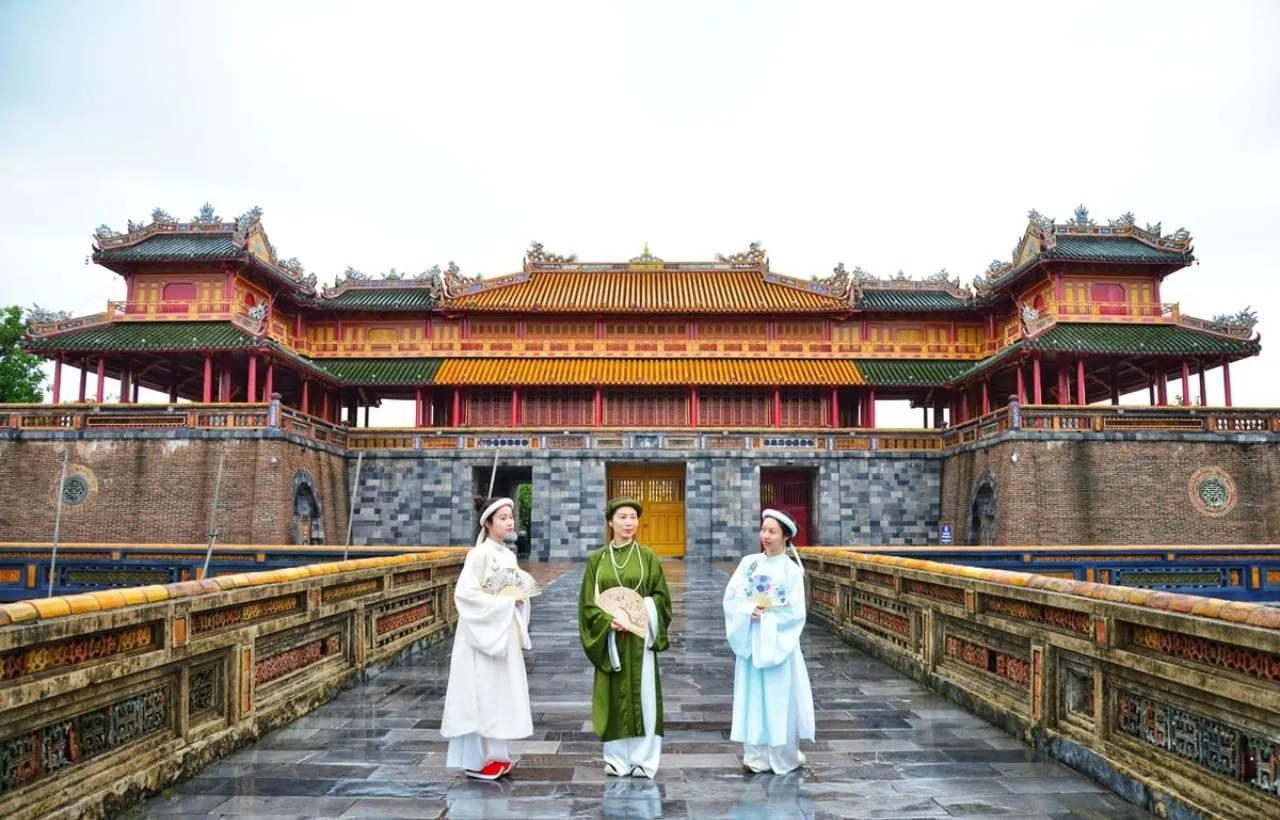
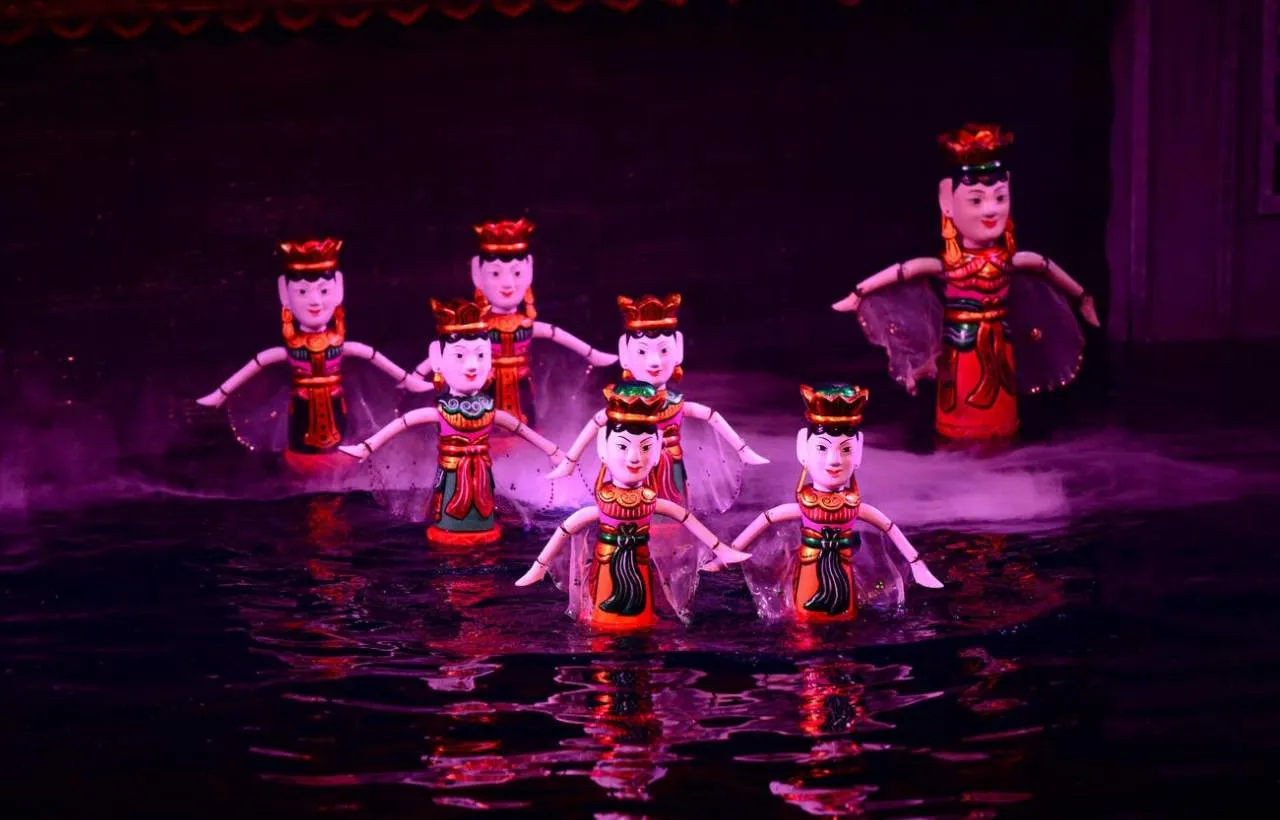
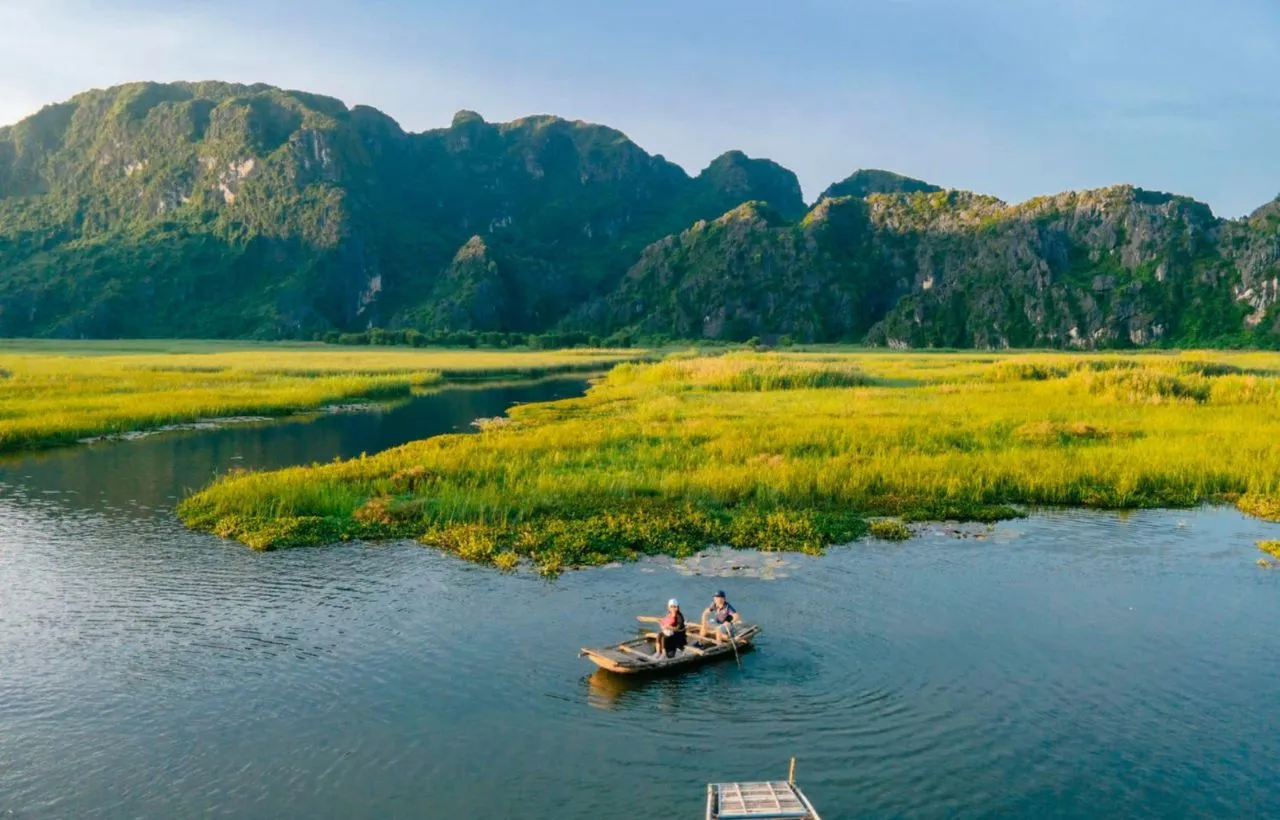
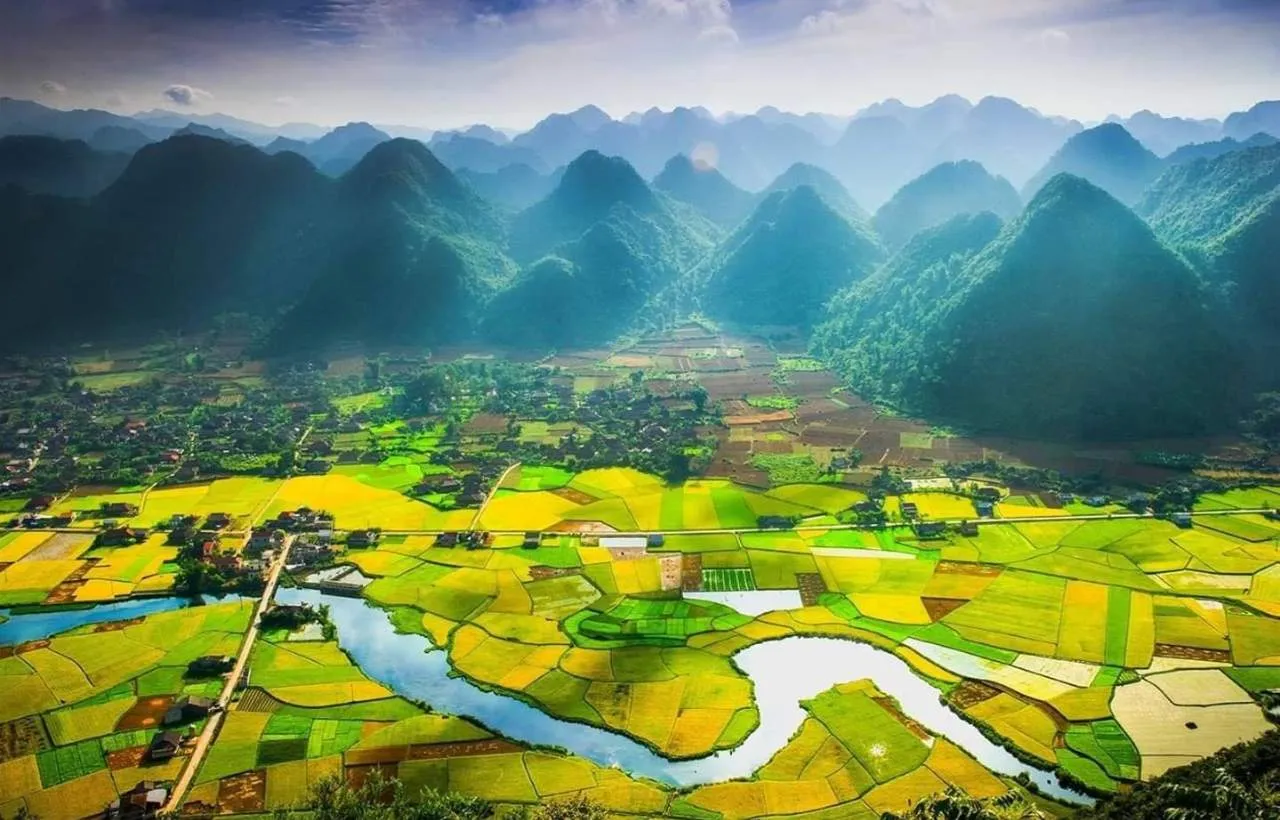
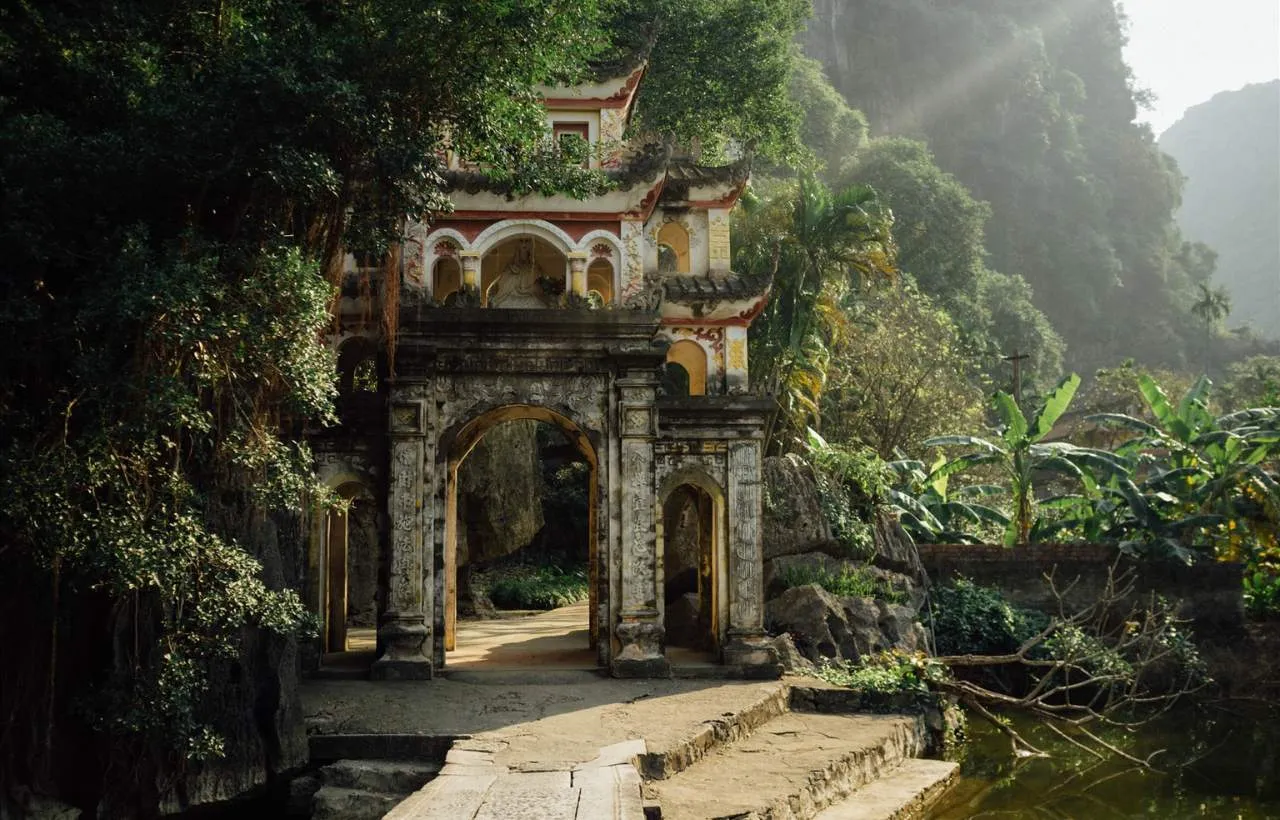
 View trip map
View trip map
